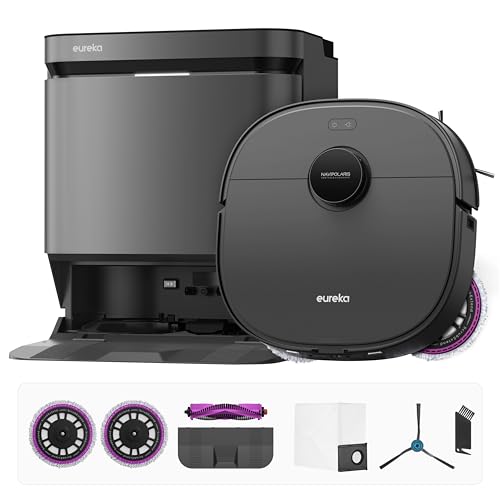AI dashboards now track everything monitor your teenager’s every academic move in real-time. One day, your phone buzzes with an alert: “Emma shows early signs of struggling in chemistry based on participation patterns and recent quiz scores.” Welcome to the new reality of high school, where artificial intelligence monitors your child’s academic performance around the clock.
AI platforms now track everything from test scores and attendance to classroom participation and behavioral patterns, converting raw data into instant alerts for teachers and administrators. Rather than waiting for traditional end-of-semester report cards, these systems allow educators to intervene much sooner when learning gaps appear.
The Intervention Advantage
Schools catch problems weeks before traditional report cards would reveal them.
These systems deliver genuine results that matter to your family. According to early-adopter district studies, schools using AI early-warning systems report significant drops in chronic absenteeism and course failure rates within their first year of implementation.
Instead of waiting for semester grades to reveal problems, teachers receive real-time recommendations about which students need extra support. The AI handles routine monitoring and grading, freeing teachers to focus on actual teaching and intervention. Your child’s chemistry struggles get addressed in October, not January.
The Data Collection Reality Check
Schools gather more information than many parents realize, often stored by third-party companies.
Here’s where things get murky like a TikTok privacy policy. AI platforms collect extensive behavioral data—not just grades, but participation metrics, engagement patterns, and disciplinary records. This information often lives on cloud servers managed by education technology vendors, raising questions about long-term storage and access.
Algorithmic bias presents another concern: AI systems trained on existing data might perpetuate educational inequities or mislabel students from underrepresented groups. The algorithms making recommendations about your child’s future aren’t transparent, and their decision-making process remains largely hidden from parents.
Your Parent Playbook
Ask these specific questions to understand what’s happening with your child’s data.
Don’t wait for back-to-school night to get answers. Contact your school’s administration and ask what specific data they collect, how long they store it, and which third-party companies have access.
Request details about algorithmic bias prevention measures and teacher oversight of AI recommendations. Find out if you can opt out or access your child’s complete data profile. Most importantly, ensure teachers retain final authority over educational decisions—AI should inform human judgment, never replace it.
The best school AI systems enhance teacher expertise rather than substituting algorithms for human insight. Your child deserves both technological advantages and genuine human attention.





























